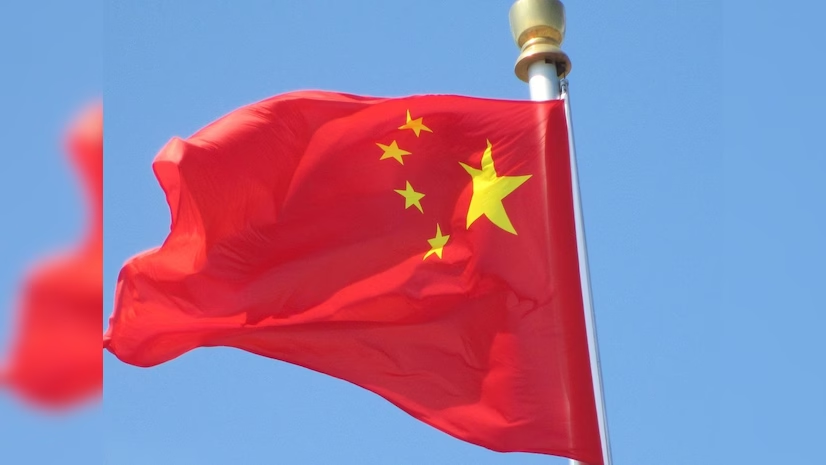
US Military Aid to Taiwan Stokes Cross-Strait Tensions
Key Points:
- The US has approved an $8 billion military aid package for Taiwan, sparking strong condemnation from China.
- Taiwan welcomes the aid, viewing it as crucial for maintaining its defense capabilities and deterring potential Chinese aggression.
- The situation in the Taiwan Strait remains tense, with both sides engaging in military activities and diplomatic maneuvering.
Rising Tensions
The recent approval of a substantial US military aid package for Taiwan has ignited a firestorm of controversy, drawing sharp criticism from China and further escalating tensions in the already volatile Taiwan Strait. The $95 billion aid package, which also includes support for Ukraine and Israel, allocates $8 billion specifically for bolstering Taiwan’s defense capabilities. China, which claims Taiwan as part of its territory, views this move as a direct challenge to its sovereignty and a dangerous provocation.
China’s Condemnation
The Chinese government, through its Taiwan Affairs Office, has issued a strong rebuke of the recent US military aid package to Taiwan. This response underscores the complex geopolitical landscape and highlights the potential for heightened tensions in the region.
The core of China’s objection lies in its assertion that the US aid package constitutes a direct infringement upon established agreements and understandings between the two nations. Furthermore, China contends that this action emboldens factions within Taiwan who advocate for full independence from the mainland, a prospect that China views as unacceptable and a direct challenge to its territorial integrity.
Taiwan’s Perspective
In contrast to China’s condemnation, the Taiwanese government has expressed its appreciation for the US military aid package, viewing it as a strategic asset in maintaining regional stability and ensuring its own security. President-elect Lai Ching-te conveyed his gratitude to a visiting delegation from the US Congress, underscoring the significance of the aid in bolstering deterrence against potential aggression within the region.
Taiwan’s leadership maintains that the aid package contributes to the preservation of peace and stability across the Taiwan Strait. The allocation of resources is primarily intended to sustain and enhance Taiwan’s current military infrastructure and equipment. This initiative complements existing agreements for the acquisition of advanced military technology, including F-16V fighter jets and M1 Abrams tanks, further augmenting Taiwan’s defense capabilities.
US Domestic Debate
The US military aid package for Taiwan, while enjoying substantial bipartisan backing within the US Congress, has generated debate within the domestic political landscape. A segment of conservative legislators has voiced concerns regarding the extent of US involvement in international conflicts, advocating for a prioritization of domestic concerns, such as border security, over foreign engagements.
Despite these reservations, the Biden administration maintains its commitment to bolstering Taiwan’s defense capabilities. This commitment is rooted in the recognition of escalating pressure exerted by China and the strategic importance of maintaining stability within the region. The Biden administration’s stance reflects a broader US foreign policy objective of ensuring a free and open Indo-Pacific region.
A Delicate Balance
The situation in the Taiwan Strait remains precarious. China continues to conduct regular military exercises around Taiwan, including incursions by warplanes and naval vessels. These actions, coupled with China’s diplomatic efforts to isolate Taiwan internationally, underscore the ongoing challenge of maintaining peace and stability in the region. The US military aid package adds another layer of complexity to this delicate balance, potentially exacerbating tensions and increasing the risk of miscalculation.
